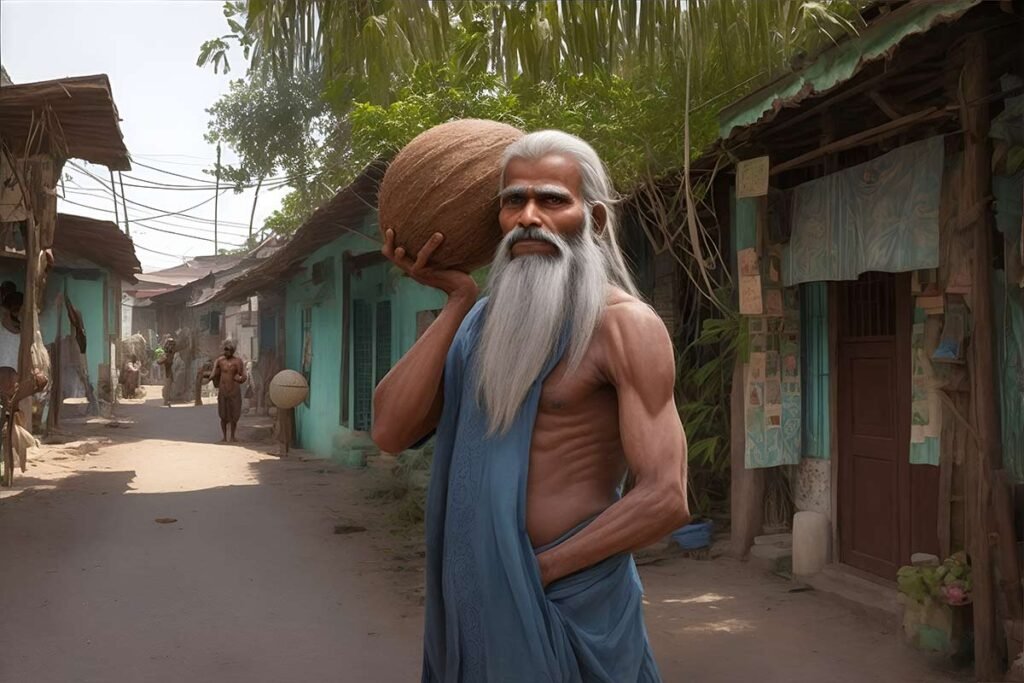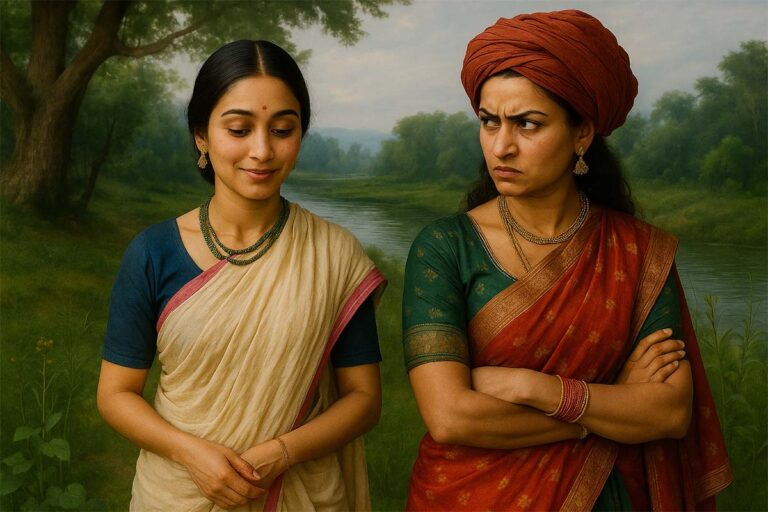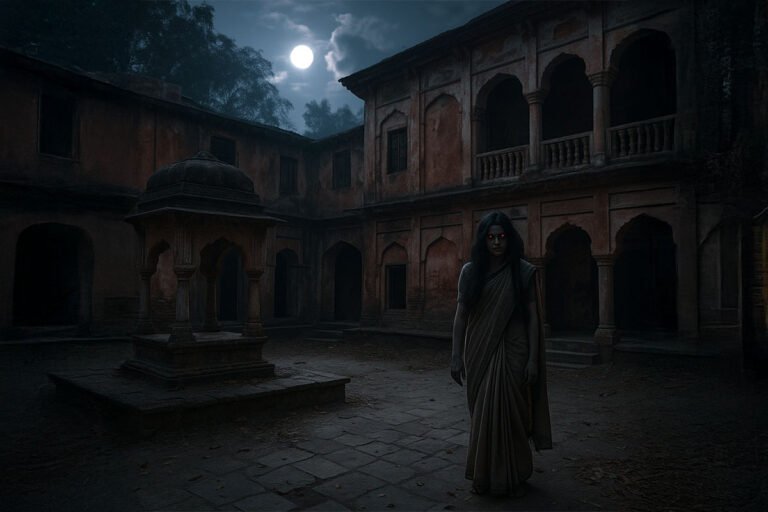In the sacred land of Odisha, where the fabric of society was woven with stringent threads of caste, a man named Dasia Bauri was a rare gem whose luster was unseen by many. Born to the weaver caste, considered untouchable by societal norms, Dasia’s existence was marked by simplicity and a devotion to Lord Jagannath that was as vast as the ocean.
In the humble shelter he called home, Dasia dwelled with his wife, Malati, carving out an existence that was shaped by the diligent work of his hands and the steadfast devotion in his heart. The rhythmic sound of his loom and the sweat of his labor in the fields served as a constant accompaniment to the prayers he perpetually offered. It was his unwavering conviction that Lord Jagannath was the divine holder of the keys to moksha, the release from the relentless wheel of rebirth.
Each year, when the Rath Yatra painted the streets of Puri with devotion, Dasia’s heart ached to join in, to witness the grandeur of the chariots carrying the deities. Yet, he remained on the fringes, barred by the cruel hand of caste from participating in the festivities.
One Rath Yatra, Dasia’s devotion crystallized into a coconut, an offering he cradled with reverence. Entrusting it to the care of fellow villagers making the pilgrimage, he implored, “Please offer this to our Lord Jagannath.” His eyes, pools of sincerity, reflected an unspoken understanding that faith could breach any divide.
“And,” Dasia added, his voice imbued with a divine certainty, “please inquire if the Lord has accepted my humble gift.“
The villagers, indulging what they perceived as a simple man’s fancy, agreed. At the temple, they placed the coconut before the Lord’s altar and thought little more of it.
Upon their return, Dasia approached them with an eagerness that belied his usually reserved demeanor. “Well, did He accept my offering?” he inquired, the anticipation vibrating through his words.
The villagers exchanged looks, their earlier condescension replaced by a sense of wonder. “Dasia, all that remained of your coconut was the shell. It was as if the Lord had partaken the fruit itself,” they confessed, their voices a cocktail of amazement and respect.
Word of the incident spread like wildfire, and the name Dasia Bauri, once synonymous with lowliness, became a symbol of the Lord’s favor.
To honor this man of unwavering faith, the villagers cast a bronze statue depicting Dasia in an eternal posture of devotion, offering a coconut to Lord Jagannath.
This story of Dasia Bauri wove itself into the cultural tapestry of Odisha, a tale that surpassed the confines of caste. It sang the truth that the divine does not discriminate, that devotion is the truest form of worship, and that even an ‘untouchable’ could touch the heavens with his faith. Through Dasia’s legacy, the tale continued to remind generations that the path to the divine is paved with the purity of the heart, and not the label of birth.








